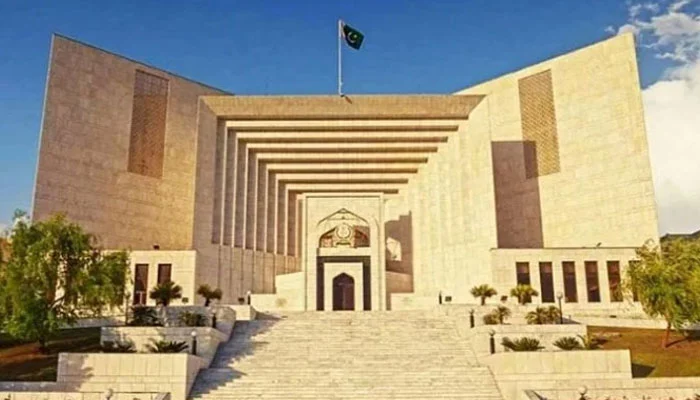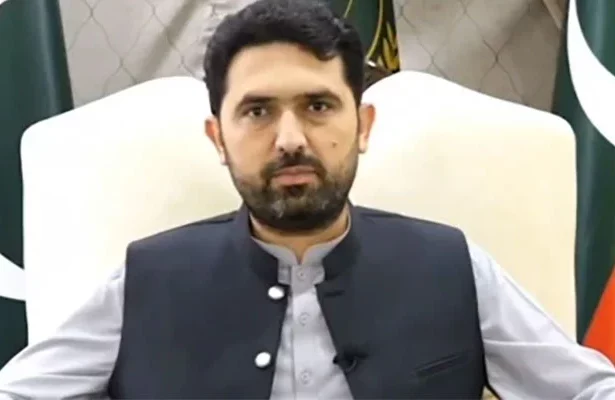Today, an 8-Judge Constitutional bench of the Apex court resumes its hearing against the 26th Amendment petitions. 26th Amendment CB of the Supreme Court: The Senate and the National Assembly approved the 26th Amendment to the Supreme Court. According to the Amendment, there is an alteration in the judicial authority and tenure. However, the amendments …
Proceeding Start on the Pleas Against the 26th Amendment

Today, an 8-Judge Constitutional bench of the Apex court resumes its hearing against the 26th Amendment petitions.
26th Amendment CB of the Supreme Court:
The Senate and the National Assembly approved the 26th Amendment to the Supreme Court. According to the Amendment, there is an alteration in the judicial authority and tenure. However, the amendments bring chaos among the legal experts and opposition parties.
The legal experts and opposition parties started questioning its impact on the judiciary’s autonomous nature. The amendments took away the power of the Supreme Court to start hearing on legal matters without any petitions.
Moreover, it allows the Supreme Court to form a Constitutional bench to hear legal petitions, even including legal proceedings against the 26th Amendment. The amendments also set the tenure of the Chief Justice of Pakistan to 3 years. They gave power to a Special Parliamentary Committee to appoint the next CJP from among the 3 most senior judges of the Supreme Court.
It was challenged by the PTI, lawyers, bar associations, bar councils, and some politicians. The Constitutional bench that heard the proceedings included Justices Jamal Khan Mandokhail, Muhammad Ali Mazhar, Ayesha Malik, Syed Hasan Azhar Rizvi, Musarrat Hilali, Naeem Akhtar Afghan, and Shahid Bilal Hassan. Justice Aminuddin Khan headed the bench.
After 8 months, the CB resumed the hearing. Some petitioners requested the live streaming of the case. The CB then allowed the live streaming of the case.
Many petitions are filed for the formation of a full court to hear the matters. These petitions forbid the Constitutional Bench from hearing these matters. It is then upon SC to decide whether the challenges made against the matters will be heard by a full court comprising all SC judges or just the CB.
Petitioner’s plea against the amendments:
The petitioners have filed a petition, and they requested the court to completely end the 26th Amendment of the Supreme Court. The petitioners said that these amendments should be rejected on procedural impropriety.
Moreover, under Article 239, it is essential to the membership of each House to exercise their votes freely, whether they want to make changes or not. However, in this case, the petitioners said that the membership does not freely vote for the amendment.
The petitioners also said that the judiciary should be autonomous. In case full amendments cannot be rejected, then there should be certain changes in the amendments.
They asked for the change in these provisions. These provisions include annual performance evaluations of high court judges by the Judicial Commission of Pakistan being inserted in Article 175A(1) and Articles 175A(18) to (20); the provisions relating to the appointment of the CJP being substitution for Article 175A(3), and the provisions for constitutional benches in the SC and high courts. The petitioners asked the SC to declare these amendments ‘unconstitutional.’











